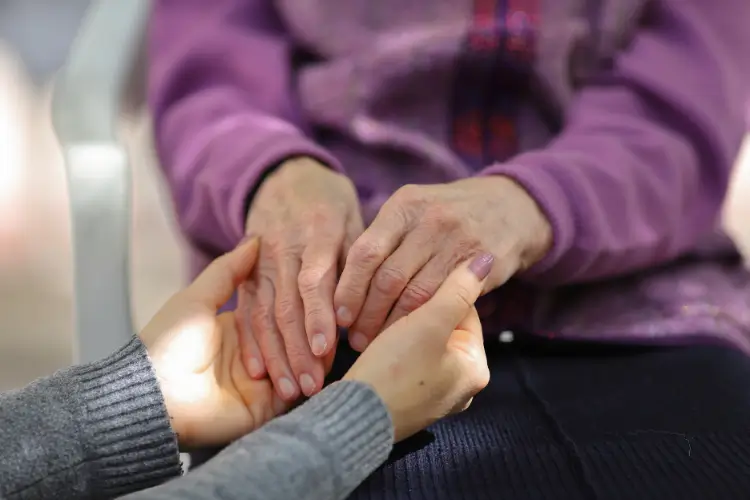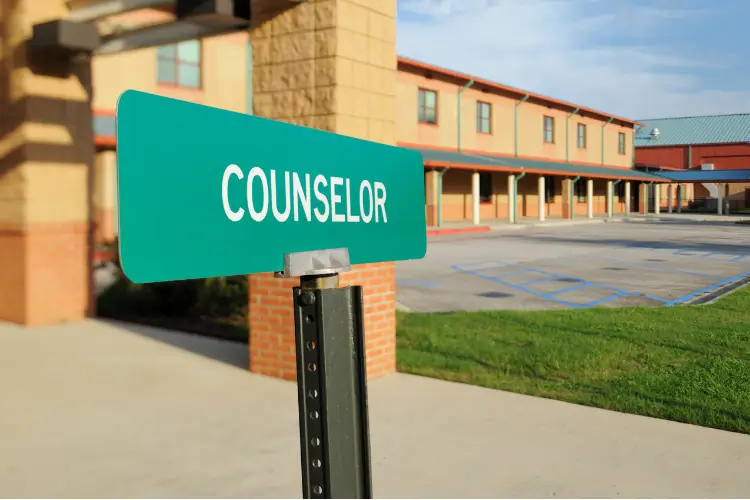Ensuring elderly family members live comfortably involves thoughtful planning and consideration of their physical, emotional, and social needs. As seniors age, their requirements for daily living can change, requiring adjustments to their environment, healthcare, and support systems. By prioritizing comfort, safety, and quality of life, families can create a nurturing and supportive environment where elderly loved ones can thrive. This guide explores practical strategies and considerations to help families ensure their elderly family members live comfortably and enjoy their golden years with dignity and independence.
Make Sure Your Elderly Family Members Can Live Comfortably
Safe and Accessible Living Spaces
Creating safe and accessible living spaces is crucial to promoting comfort and mobility for elderly family members. Evaluate the home environment for hazards such as slippery floors, uneven surfaces, or inadequate lighting, and make necessary changes like installing grab bars, non-slip mats, and adequate lighting in hallways and staircases. Ensure that furniture arrangement allows for easy navigation and minimizes the risk of falls. Consider incorporating assistive devices such as walkers or wheelchairs if needed, and ensure that pathways are clear of clutter to facilitate safe movement throughout the home. By optimizing the living environment for safety and accessibility, elderly family members can maintain independence and comfort within their own homes. Be aware as well when these things stop working efficiently for them. This may mean that they will need extra support. You can provide this if you are able to, or you may wish to hire a home health care worker to come and see them multiple times a week. Alternatively, it might be best to place them in an assisted living community such as haverhill crossings so they can get the targeted support they need to life safely and happily.
Personalized Healthcare and Support Services
Personalized healthcare and support services are essential for ensuring elderly family members can live comfortably and thrive. If you are living in New York, facilities like The Residences at Plainview community by Chelsea Senior Living specialize in providing tailored care plans that cater to the unique needs of each resident. This includes medical assistance, personalized therapy programs, and daily living support to promote independence and well-being. By choosing a community that emphasizes personalized care, families can rest assured that their loved ones receive compassionate attention and access to comprehensive healthcare services. This facility exemplifies this commitment by offering a supportive environment where seniors can maintain their dignity and quality of life with professional assistance and compassionate care.
Social Engagement and Emotional Well-Being
Social engagement and emotional well-being play a vital role in promoting comfort and happiness among elderly family members. Encourage regular social interactions with friends, family members, and peers through visits, outings, or participation in community activities and social groups. Consider enrolling elderly loved ones in senior centers, clubs, or hobby groups that align with their interests and provide opportunities for socialization and mental stimulation. Environments that prioritize compassionate fulfilling senior care often integrate these social opportunities into daily routines, creating a nurturing space where emotional health is just as valued as physical care. These types of activities are key components of a comprehensive, continuous vibrant senior care approach. This focuses on a full spectrum of needs, from physical health to emotional and social well being, to ensure seniors can lead an active and engaging life. Facilitate communication through technology such as video calls or social media to stay connected with distant family members and friends. By fostering meaningful social connections and activities, families can combat loneliness, enhance emotional well-being, and promote a sense of belonging and fulfillment for elderly family members.
Nutritious Diet and Physical Wellness
Maintaining a nutritious diet and promoting physical wellness are essential components of ensuring comfort and vitality for elderly family members. Ensure access to balanced meals that meet nutritional requirements and accommodate any dietary restrictions or preferences. Consider consulting with a dietitian or nutritionist to create a meal plan that supports overall health and well-being. Encourage regular physical activity through gentle exercises such as walking, yoga, or tai chi to promote strength, flexibility, and cardiovascular health. Create a comfortable and inviting space for physical activities within the home or explore local fitness programs tailored for seniors. By prioritizing nutrition and physical wellness, families can support elderly loved ones in maintaining optimal health, energy levels, and overall comfort.
Financial Planning and Long-Term Care
Financial planning and long-term care considerations are crucial for ensuring ongoing comfort and security for elderly family members. Review and organize financial documents, including retirement accounts, insurance policies, and estate plans, to ensure they align with current needs and goals. Consider consulting with a financial advisor or elder law attorney to discuss long-term care options, including assisted living facilities or nursing homes, and explore financial strategies to cover potential healthcare costs or caregiving expenses. Research government programs, benefits, and resources available to seniors, such as Medicare, Medicaid, or veterans’ benefits, to maximize financial assistance and support. By proactively addressing financial planning and long-term care needs, families can alleviate stress, ensure financial stability, and provide peace of mind for elderly family members and themselves.
Conclusion
Ensuring elderly family members live comfortably involves creating safe and accessible living spaces, prioritizing personalized healthcare and support services, fostering social engagement and emotional well-being, promoting a nutritious diet and physical wellness, and addressing financial planning and long-term care considerations. Each aspect contributes to enhancing comfort, independence, and quality of life for elderly loved ones as they navigate their later years. By implementing these strategies and considerations, families can create a supportive and nurturing environment where elderly family members can thrive with dignity, happiness, and peace of mind. Embracing these guidelines empowers families to provide the best possible care and support for their elderly loved ones, ensuring they live comfortably and enjoy a fulfilling life.




